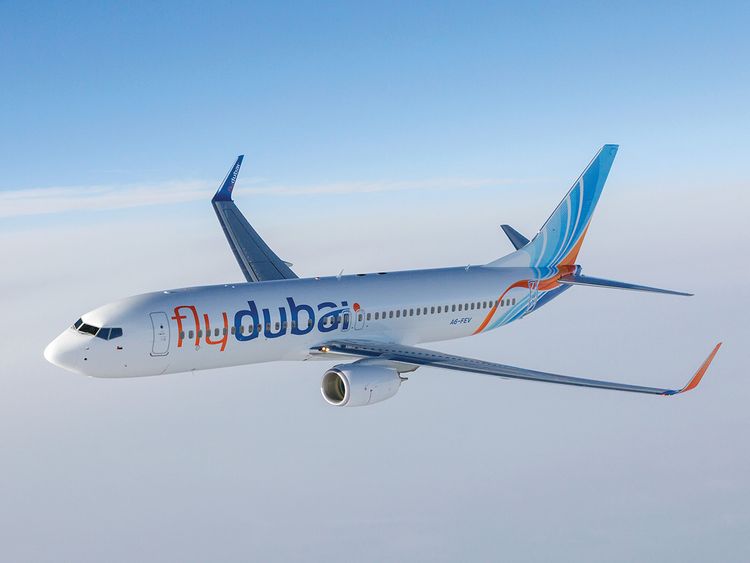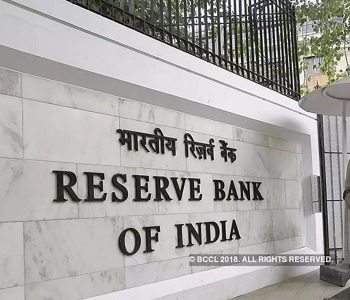‘Government silence’ allows airlines to overcharge travellers, labor migrants burdened with debt

KATHMANDU: Nepalese workers seeking employment abroad are facing significant hardship as airline operators have drastically increased ticket prices, more than doubling the cost in some cases. With around 1,500 Nepalese citizens flying out daily for foreign employment, the surging airfare has placed an overwhelming financial burden on these workers.
This spike in airfare follows the Tribhuvan International Airport (TIA)’s recent reduction in operating hours to facilitate runway expansion. The TIA will remain closed for 10 hours daily—from 10 p.m. to 8 a.m.—starting from November 8, 2024, to March 31, 2025. This schedule change has forced international airlines to reduce flights to and from Kathmandu, resulting in a sharp rise in ticket prices. Destinations such as Delhi, Dubai, Doha, Saudi Arabia, Kuwait, and Kuala Lumpur have seen particularly steep increases in airfare, directly impacting Nepalese workers who rely on these routes to access job opportunities.
While Nepal’s “Free Visa, Free Ticket” policy was intended to reduce migration costs for workers, it has not been widely enforced. Consequently, many Nepalese workers are forced to shoulder the full burden of these inflated ticket prices, with some reporting costs ranging from NPR 70,000 to NPR 90,000 (USD 530 to USD 680) for flights that previously cost between NPR 30,000 and NPR 35,000. The Nepali labor market destinations—such as Dubai, Saudi Arabia, and Malaysia—have seen airfare almost triple, pushing up the overall cost of foreign employment.
For example, one-way tickets to Dubai, which used to cost NPR 30,000 to NPR 35,000, now exceed NPR 80,000, and airfare to Riyadh and Dammam in Saudi Arabia has climbed from NPR 40,000–45,000 to over NPR 80,000. Kuala Lumpur, a major destination for Nepalese workers, has seen its one-way airfare rise from NPR 35,000 to an average of NPR 65,000. Meanwhile, flights to Kuwait have crossed the NPR 100,000 mark, and fares to Doha, which were around NPR 35,000–40,000, are now above NPR 80,000.
This relentless fare increase has sparked accusations that international airlines are exploiting the situation. According to the Nepal Association of Foreign Employment Agencies (NAFEA), airlines have artificially limited ticket availability, creating a shortage that has allowed them to hike fares substantially. Rajendra Bhandari, President of NAFEA, stated, “International airlines are exploiting the airport’s runway expansion as an excuse to manipulate ticket prices through black market practices, directly affecting our foreign-bound workers.” NAFEA has called on the government to intervene, as the fare surge threatens to halt recruitment from Nepal, with some foreign employers now reconsidering hiring Nepalese workers due to the high transportation costs.
For many laborers, securing these inflated tickets means accumulating more debt, creating financial strain for their families back home. “It used to cost me NPR 30,000 to fly from Nepal to Dubai,” says Shyam Thapaliya, a laborer from Itahari. “Now, I had to pay NPR 85,000 just for a ticket. It’s almost impossible to find affordable tickets anymore.”
Complicating matters further, strict regulations mandate that workers depart from Tribhuvan International Airport and do not permit using third-country airports for direct flights. While Nepalese workers can technically fly out from Delhi with a No Objection Certificate (NOC) from the Nepali Embassy, the recent spike in airfare from Kathmandu to Delhi, now reaching NPR 40,000, has rendered this option increasingly expensive as well.
Chiranjibi Baral, President of the Safe Migration Network, has highlighted the socioeconomic impact of these exorbitant fares, saying, “The indiscriminate increase in airfare means foreign-bound workers now face higher upfront costs, pushing them into further debt and adding financial stress to their families.” Baral emphasized the need for the government and aviation authorities to monitor and regulate fare pricing to protect consumers and uphold fair trade practices.
The National Human Rights Commission (NHRC) has also expressed concern over the fare hikes. Secretary Murari Prasad Kharel stated, “The government and aviation authorities must strengthen monitoring and regulatory systems to ensure consumer rights are protected and to prevent exploitation. It’s essential that authorities take decisive steps to curb these excessive prices and bring transparency to airfare pricing.”
Despite these calls for action, the Nepal government has yet to take any substantial steps to address the issue. Meanwhile, international airline operators continue to exploit Nepalese laborers, as government officials remain silent. Civil Aviation Authority of Nepal (CAAN) spokesperson Gyanendra Bhul has claimed that the reduction in airport hours led to a 30% cut in flight schedules, which naturally increased fares. He pointed out that existing bilateral aviation agreements allow airlines to set prices based on demand and supply, restricting governmental intervention in fare pricing.
Ongoing expansion efforts at Tribhuvan International Airport, part of a larger master plan funded by the Asian Development Bank, aim to improve runway capacity and increase passenger handling. These plans include new taxiways, expanded aprons, and enhanced terminal facilities. However, delays and administrative challenges have plagued this project for over a decade, with frequent disruptions impacting millions of travelers each year.
Until the government acts, international airlines will continue to exploit the high demand for Nepal’s labor market, making foreign employment an increasingly costly prospect for Nepalese workers. The public has called on the government to break its silence and protect vulnerable workers from airline profiteering, but without decisive intervention, the situation looks set to continue.














Facebook Comment